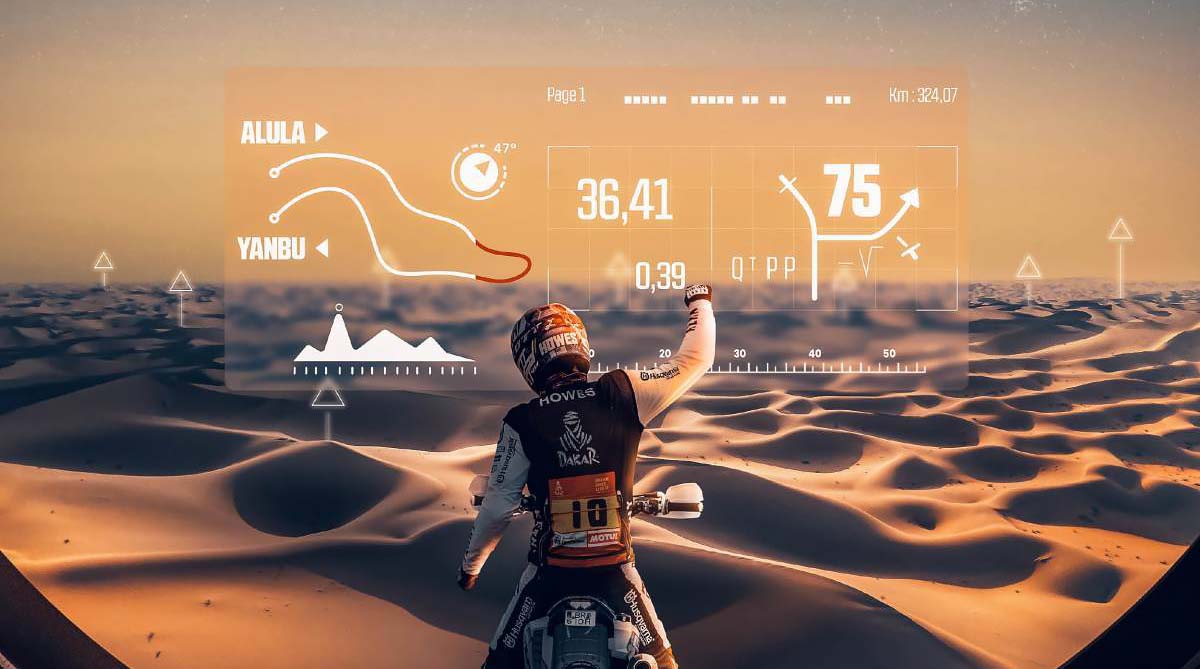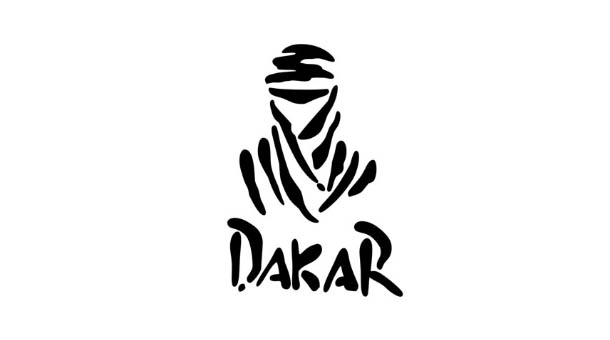At the distinguished assembly held within the historic walls of Château-Lastours, the orchestrators of the Dakar Rally issued an exclusive summons to competitors hailing from France and Spain. This served as the prelude to the unveiling of the 46th edition, a momentous occasion promising not merely a contest but a spectacle of innovation in sports and technology.
The forthcoming rally, scheduled to unfold from Jan 5 to 19, 2024, amidst the captivating landscapes of Saudi Arabia, teases a fusion of competitive spirit and pioneering advancements in both the sporting and technological realms.
The overseer of the race, David Castera, imparts a resolute caution, vowing to subject participants to challenges reminiscent of the formidable obstacles of yesteryears. Extensive stretches of undulating dunes stand as the proving ground, intricately weaving navigation challenges with the requisite technical finesse essential for triumph over the sandy landscapes.
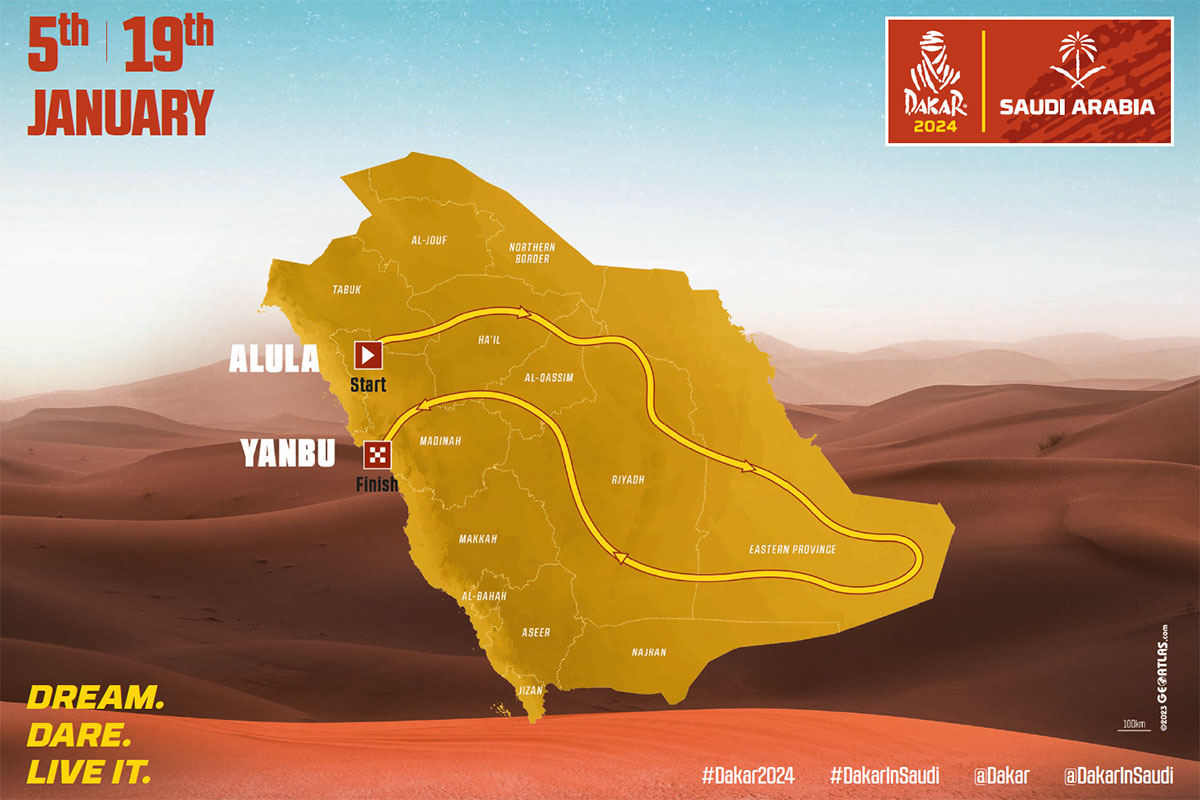
A noteworthy inclusion takes center stage with the introduction of the "48H CHRONO STAGE." In this segment, competitors confront a distinctive time restriction, pausing at 4 pm, only to recommence the race the subsequent day at 7 am. As an integral component of the Dakar Future initiative, Mission 1000 extends an invitation to manufacturers, encouraging them to put vehicles equipped with state-of-the-art technologies to the test on the challenging terrain of Dakar.
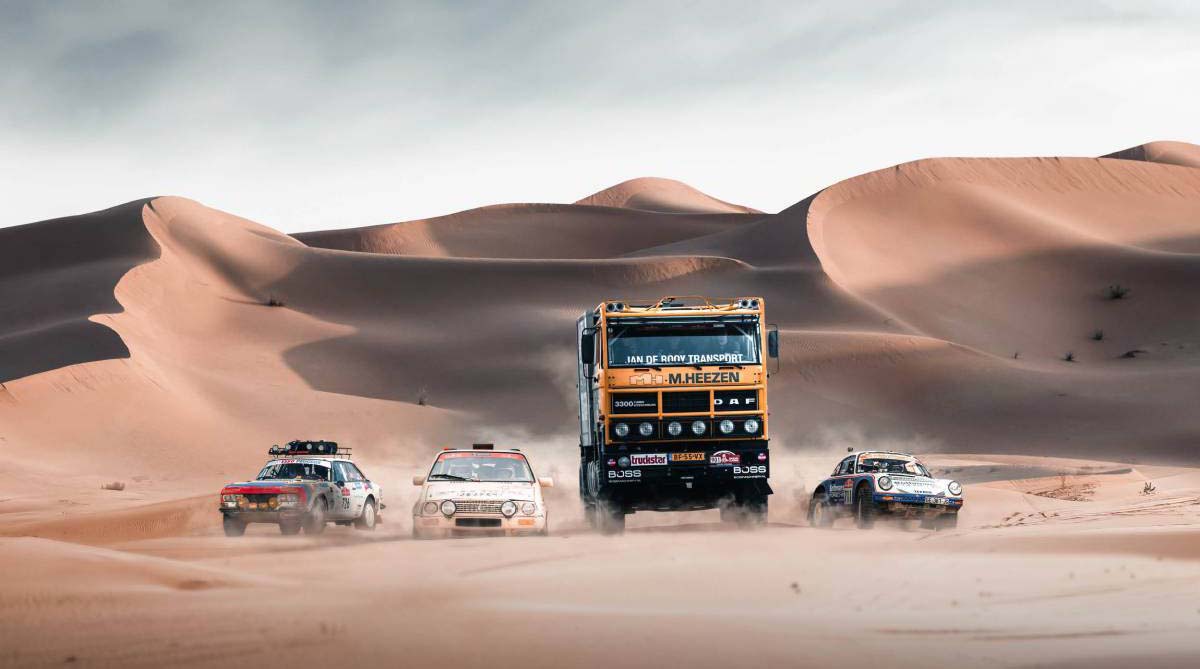
Nestled amid the enchanting remnants of ancient archaeology, the AlUla Camp serves as a gateway for participants to immerse themselves in the profound history of the region. Building upon the triumph of its coastal counterpart, the starting camp positions the bivouac in close proximity to the awe-inspiring temples crafted by the Nabataeans. The architectural inspiration that permeates the camp establishes a compelling ambiance, setting the stage for an expedition into the realms of adventure.
Encompassing a single prologue, twelve stages, and a fortnight of unyielding racing, Dakar 2024 upholds the essence of challenge. Spanning a distance mirroring 5,000 kilometers, with a substantial 60% of the sections entirely novel, the route undertakes a thorough exploration of Saudi territory.
A standout element emerges with the "48H CHRONO STAGE," where engines fall silent at the reverberation of the cannon blast, infusing an additional layer of intensity. Unfolding amidst the expansive Empty Quarter, this stage spans two days, presenting separate courses for motorbikes/quads and cars/trucks. The challenge extends beyond conquering the terrain; it lies in the absence of predefined tracks, scrutinizing competitors' navigation skills.
Honoring its origins, the fourth act of Dakar Classic unfurls, showcasing vehicles from the 1980s and 1990s engaged in a regularity challenge. Restricted to approximately 100 crews, this segment reveres the fervor for historic vehicles and the art of their meticulous restoration.
HRH Prince Khalid Bin Sultan Al Abdullah Al Faisal, Chairman of the Saudi Motorsports Company, expresses joy at the return of Dakar Saudi Arabia for its fifth successive year. He perceives the event as a testament to the nation's dedication to sports development and leadership across various sectors.
The Dakar Future Mission 1000 boldly ventures into the energies of tomorrow, delving into experimental terrain with innovative technologies for decarbonization.
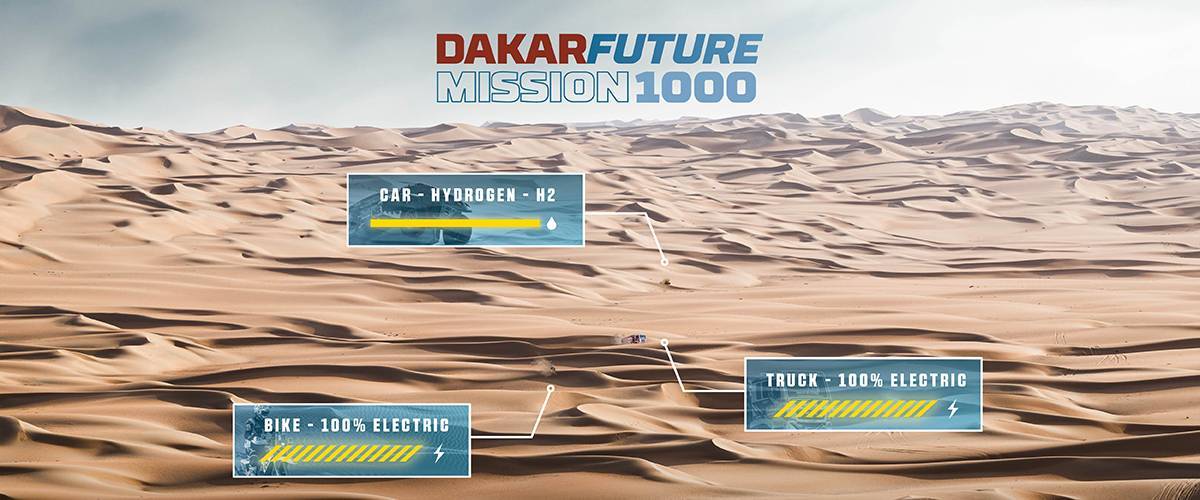
In a parallel challenge, vehicles set forth on a daily 100-kilometer route, relying solely on the most fuel-efficient energy sources such as hydrogen, 100% electric, or hybrid engines with minimal biofuel. Initially devoid of winners and losers, participants will eventually face evaluation for technical reliability, energy consumption, and carbon footprint by a panel of experts, introducing an intriguing dimension to the rally's future.
